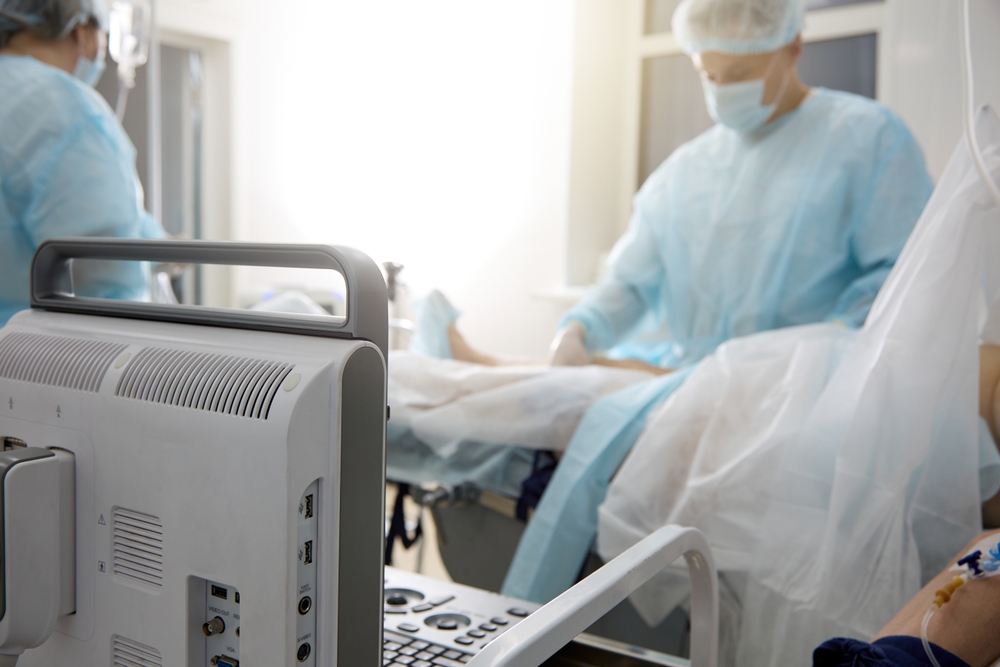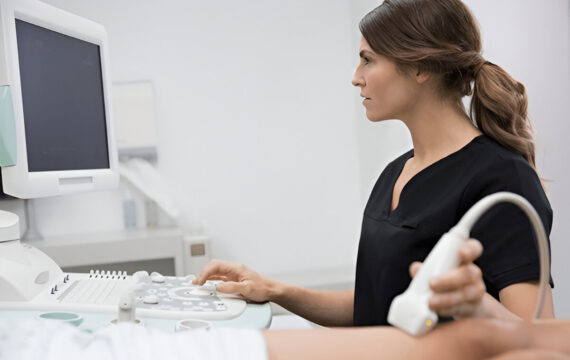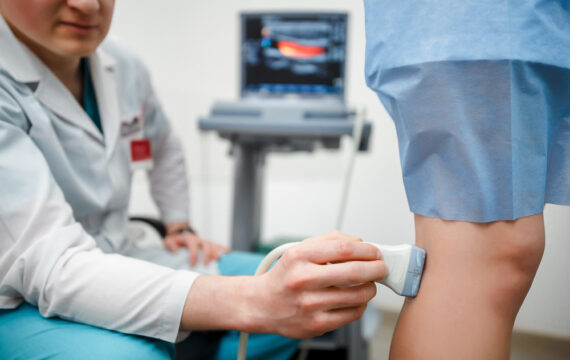Vein ablation is a minimally invasive treatment commonly used to address varicose veins, a condition where veins become enlarged and twisted due to poor blood flow. It’s an effective and popular option for people who experience discomfort or are concerned about the appearance of varicose veins. A common question that arises for those considering the procedure is: “Does vein ablation hurt?”
In this article, we’ll explore the process of vein ablation, what to expect during and after the procedure, and how pain is managed.
What Is Vein Ablation?
Vein ablation involves the use of heat or other techniques to close off problematic veins, forcing blood to reroute through healthier veins. The body naturally absorbs the treated veins over time. There are two main types of vein ablation procedures:
- Radiofrequency Ablation (RFA): This method uses radiofrequency energy to heat and collapse the vein.
- Endovenous Laser Ablation (EVLA): This technique utilizes laser energy to achieve a similar result by sealing the vein.
Both procedures are performed under local anesthesia and are designed to be as minimally invasive and painless as possible.
The Pain Factor: What to Expect During the Procedure
The idea of undergoing vein ablation might be intimidating, but the good news is that it is generally not a painful procedure.
Before the Procedure
Prior to starting, the area around the affected vein is numbed with local anesthesia. This ensures that you won’t feel much discomfort during the treatment. Most patients report feeling pressure or slight tingling as the catheter or fiber is inserted into the vein, but pain is usually minimal. The local anesthesia itself might cause a slight sting or burn, but this sensation is short-lived.
During the Procedure
Once the local anesthesia takes effect, the actual vein ablation begins. The doctor inserts a small catheter into the vein under ultrasound guidance. As the energy (radiofrequency or laser) is applied to seal the vein, most patients experience a warming sensation, but this is not typically painful. The heat is targeted and controlled to avoid excessive discomfort.
After the Procedure
Once the procedure is over, patients may experience some mild tenderness, bruising, or swelling along the treated vein. However, this is usually well-managed with over-the-counter pain medications, such as ibuprofen. Many people describe the post-procedural discomfort as mild, similar to muscle soreness or the sensation of having a bruise.
Pain Management and Recovery
- Immediate Aftercare: Compression stockings are typically worn for a few days to help with healing and reduce discomfort. These stockings also help with proper blood flow and minimize swelling.
- Post-Procedure Pain: The level of discomfort experienced after vein ablation is generally mild. Most patients are able to return to normal activities within a day or two.
- Long-Term Pain Relief: For those who experience pain from varicose veins, vein ablation often brings significant relief. The aching, cramping, or heaviness associated with varicose veins tends to diminish as the treated veins close and blood circulation improves.
How Painful Is Vein Ablation Compared to Other Treatments?
When compared to more invasive treatments for varicose veins, such as vein stripping (which involves surgically removing the problematic veins), vein ablation is much less painful and has a faster recovery time. It’s also preferable to sclerotherapy for larger veins, as it’s more effective with fewer repeat treatments required.
Factors That Influence Pain Perception
While most patients report minimal discomfort, individual experiences of pain can vary depending on several factors:
- Personal Pain Tolerance: Some individuals are more sensitive to pain than others.
- The Size of the Treated Vein: Larger veins may cause slightly more discomfort both during and after the procedure.
- Location of the Vein: Veins located in certain areas, such as the legs, may be more prone to post-procedural soreness.
- Pre-existing Conditions: If a patient has a history of venous insufficiency or other complications, the healing process might involve more discomfort.
When to Call Your Doctor
While pain is usually mild and manageable, it’s important to contact your doctor if you experience any of the following:
- Persistent or severe pain
- Signs of infection, such as redness or fever
- Difficulty walking or significant swelling
These symptoms are rare but should be addressed promptly to ensure a smooth recovery.
Conclusion: Does Vein Ablation Hurt?
In summary, vein ablation is a relatively painless procedure. The use of local anesthesia significantly reduces any discomfort during the procedure itself, and post-procedural pain is typically mild and short-lived. For most patients, the benefits of vein ablation, such as improved circulation and relief from the discomfort of varicose veins, far outweigh any temporary soreness or tenderness that may follow the treatment.
If you’re concerned about pain or have specific questions about vein ablation, consulting with a vein specialist can provide personalized insights and reassurance about the procedure.g nerve-related conditions. Research credentials, ask about treatment approaches, and feel free to seek a second opinion if needed. With the right medical support, you can effectively address nerve problems and regain control over your health.





